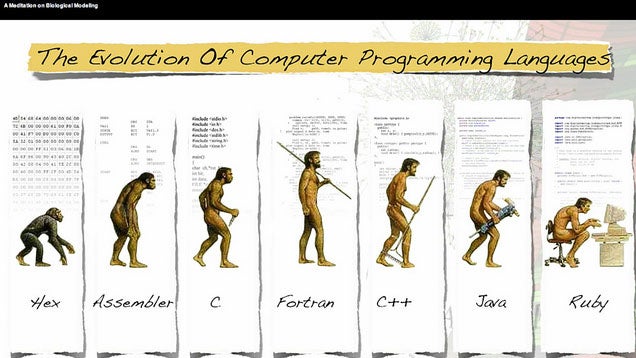Newspeak is, in my opinion, an abomination to our freedom of thought, since we can no longer attain this pure state of abstract thinking, we are chained to language to dictate our thoughts and ideas. The fact that a language is specifically designed to limit our ideas by eliminating the existence of concepts some may consider loaded, is a violation in itself to our last bastion of privacy and freedom of being, our mind. While some words are eliminated, some others are substituted, which makes me think that we may not be too far away of mind censorships ourselves in this non-fiction universe.
Critical thinking is a blessing, I think everything and everyone must (not should) be universally bound to criticism one way or another, and this criticism must be cold, devoid of emotion, and pragmatic in its nature. We often scurry away from words we don't like or think will sound terrible once said (see sexual inuendos, political correctness, and baby talk), and I honestly see how this could lead to an eventual transformation in language made specifically to not hurt sensitivites, when some sensitivities must be hurt in order to progress.
What I think I mean with this is that the best way to fight a thought-limiting distortion of language is to call things by their name, and have a more pragmatic outlook on words and its meanings.

